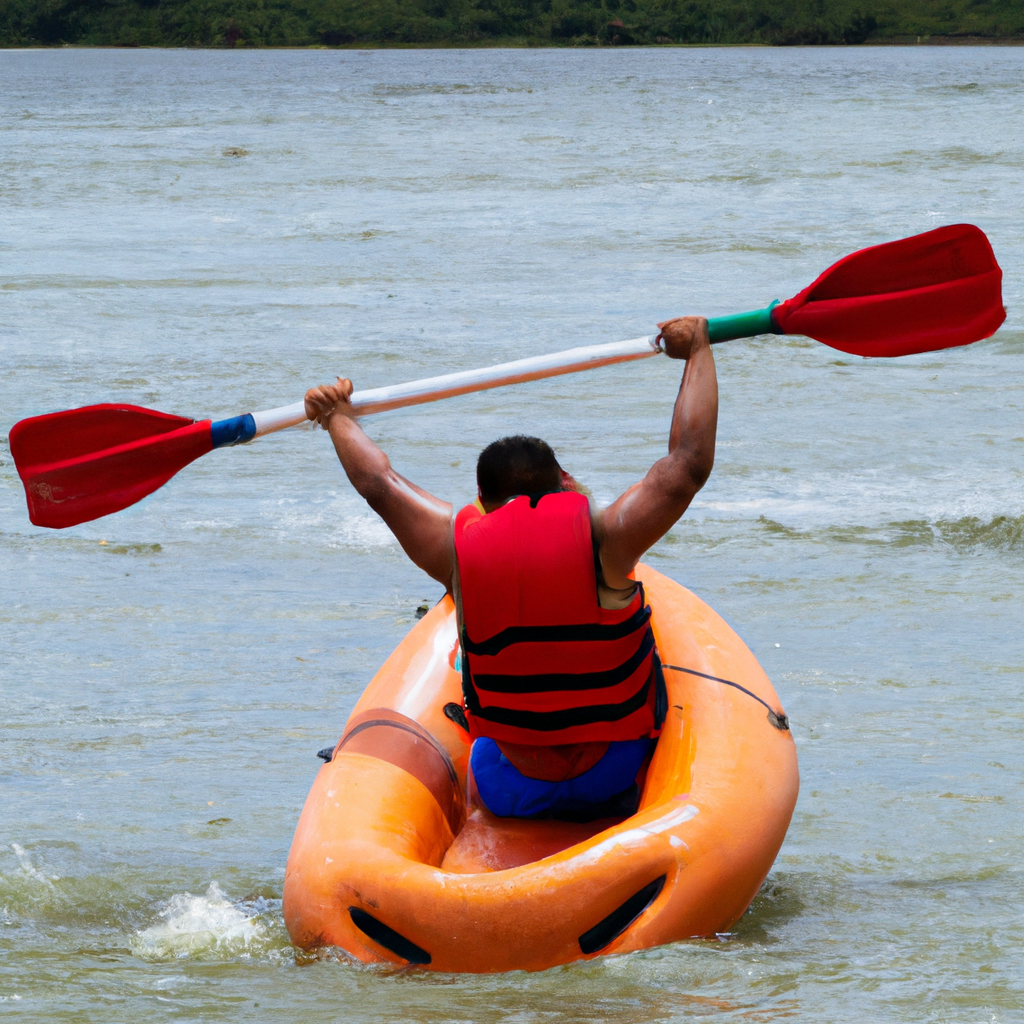Sailing in Sport: Complete Guides and Tips for Beginners in Water Sports

The vast world of water sports offers a diversity of activities that invite you to enjoy the water, the sun, and the outdoors. From the calm and meditative surfing of paddle boarding to the adrenaline rush of jet skiing, water sports are the perfect combination of physical exercise and fun. In this article, we will take you by the hand through a series of comprehensive guides on different water sports, ideal for both beginners and those looking to hone their skills. We will start with a general introduction to water sports, followed by a detailed analysis of the different types available. Next, we will provide step-by-step guides for beginners, and finally, we will share some tips and tricks to improve your performance in these disciplines. Get ready to dive headlong into the exciting adventure of water sports!
- 1. "Introduction to water sports: An overview"
- 2. "Exploring different types of water sports"
- 3. "Detailed guides for beginners in water sports"
- 4. "Tips and tricks to improve in water sports"
1. "Introduction to water sports: An overview"
Water sports are an exciting and diverse form of physical activity that takes place in or on the water. From surfing to sailing to kayaking and paddle boarding, there are a wide variety of water sports to suit all types of enthusiasts and skill levels. Each of these sports offers a unique combination of physical challenge, enjoyment of the outdoors, and opportunities for camaraderie and competition. In addition to the physical benefits, water sports can also be a great way to connect with nature and experience the beauty and serenity of the water in a way that few other sports can match. Whether you prefer the adrenaline rush of waves crashing beneath a surfboard or the tranquility of a sunrise kayak ride, the world of water sports has something to offer everyone.
2. "Exploring different types of water sports"
Exploring the different types of water sports is to dive into a world full of excitement, adventure and challenge. From water skiing and surfing, which test the athlete's ability to maneuver on the waves, to rowing and sailing, which require strength, endurance and perfect synchronization with the natural elements. There are also sports such as diving and snorkeling, which allow you to explore the underwater beauty of our planet, or kitesurfing and windsurfing, which combine the speed and excitement of surfing with the skill of controlling a sail or kite. Each of these water sports offers a unique way to interact with water and nature, providing a wide range of experiences that can be adapted to different skill levels and personal preferences.
3. "Detailed guides for beginners in water sports"
Getting started in the world of water sports can be a daunting task, but with detailed beginner guides, newcomers can dive into these activities with greater confidence. These guides offer essential information ranging from the overview of the sports, the equipment needed, basic techniques, to safety measures to follow. For example, a beginner in windsurfing will learn about the parts of a windsurfing board, how to raise the sail, and how to maintain balance. Just like in kayaking, guides will provide knowledge on how to properly hold the paddle and efficient paddling techniques. Additionally, they emphasize the importance of wearing life jackets and knowing the distress signals in case of an emergency. Detailed beginner guides in water sports are an invaluable tool to ensure a safe and enjoyable experience on the water.
4. "Tips and tricks to improve in water sports"
Getting better at water sports requires a combination of physical skills, technical knowledge, and practical experience. First, fitness is essential. Regular swimming can help increase endurance and core strength, which are critical for many water sports. Second, learning and mastering proper techniques, whether rowing, sailing, or surfing, can greatly improve performance and safety on the water. Therefore, taking classes or attending workshops can be very beneficial. Finally, experience is the best teacher. The more time you spend on the water practicing, the more comfortable you will become and the more skills you will develop. Always remember to prioritize safety, wear the right equipment, and pay attention to weather and water conditions.
